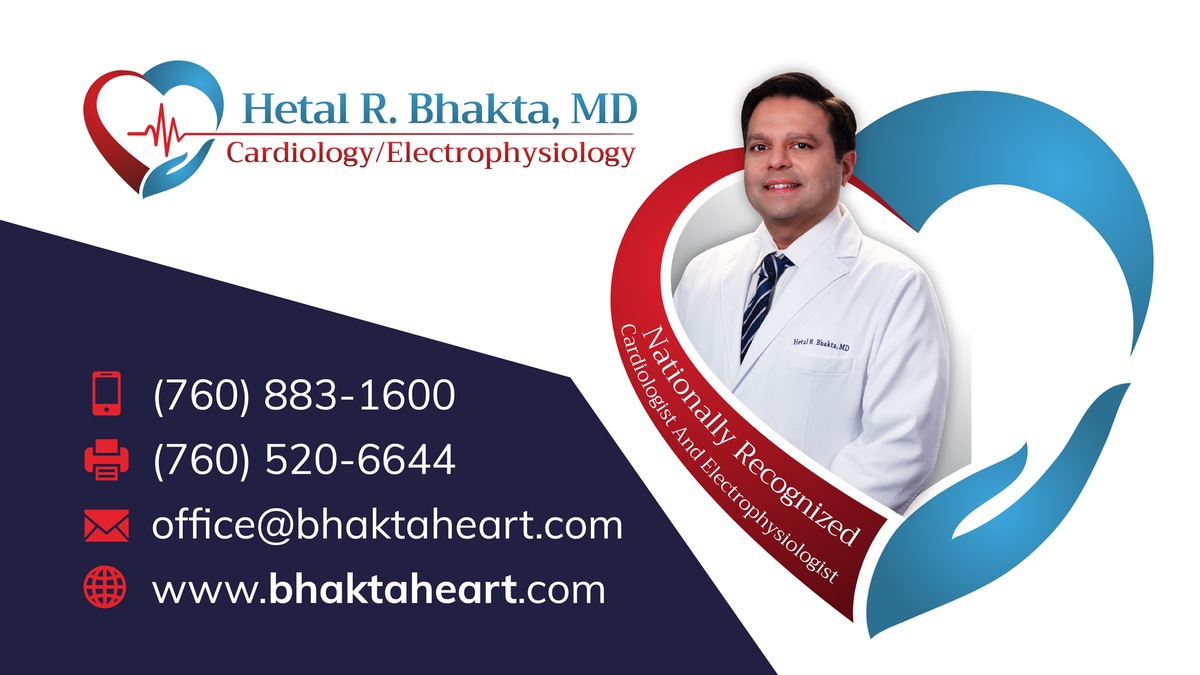A cardiac catheterization is a procedure in which a small, flexible tube called a catheter is inserted into a blood vessel. The catheter is usually put into a blood vessel in your groin (or sometimes in your arm). Your doctor gently “steers” the catheter toward your heart, or toward a blood vessel that might be blocked. A cardiac catheterization is the first step in a number of heart and blood vessel tests and procedures.
For instance, a cardiac catheterization is often the first step in an angiogram. In an angiogram, your doctor injects dye
through the catheter into your arteries to find any blockages. With a catheterization, your doctor can also:
During a cardiac catheterization, your doctor may also treat any blocked blood vessels with one or more of these procedures to improve blood flow:
Your procedure will be performed in a “cath lab.” When you have a cardiac catheterization you undress and put on a hospital gown or sheet. You lie on an exam table and an intravenous (IV) line is put into your arm. The IV delivers fluids and medications during the procedure. The medication makes you groggy, but not unconscious. Electrodes on your chest monitor your heart’s activity during the procedure. A blood pressure cuff on your arm also regularly takes your blood pressure. The doctor makes a small incision (usually in the groin) for the catheter. The area will be numbed so you shouldn’t feel pain, but you may feel some pressure as the catheter is inserted. You won’t be fully asleep, so during the test your doctor or nurse might ask you questions to make sure you are not feeling pain, for instance. Afterwards you might be in the hospital overnight. Most people have a fairly rapid recovery.

Our knowledgeable and courteous staff will help set up a consultation for you, schedule surgical procedures, discuss your insurance, and answer any questions you may have.


